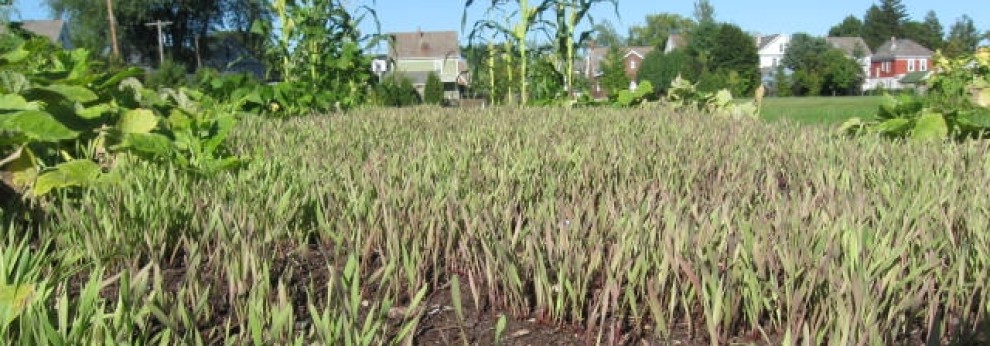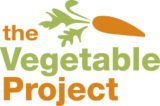 Children fall in love with fruits and vegetables when they have opportunities to grow them, prepare them, and try them again and again, says Curt Ellis, co-founder and chief executive officer of Food Corps in a most wonderful New York Times piece about empowering grade school students to help guide cafeteria menu decision-making in Portland, Ore. “It’s about helping them discover what they love to eat rather than telling them what they should eat.”
Children fall in love with fruits and vegetables when they have opportunities to grow them, prepare them, and try them again and again, says Curt Ellis, co-founder and chief executive officer of Food Corps in a most wonderful New York Times piece about empowering grade school students to help guide cafeteria menu decision-making in Portland, Ore. “It’s about helping them discover what they love to eat rather than telling them what they should eat.”
We have sought many times to make roughly the same point, but certainly have to give Mr. Ellis kudos for saying it better than we ever have. And thanks so much to our good friend Melissa Bourgeois for bringing the article to our attention.
We know from our experience that kids will try things when they’re with us that they would not otherwise. Time and again, we’ve seen kids beg off, see a friend taking a bite and then say, “Oh, okay, I’ll try it.” And often enough, the next words are, “That was good.”
We’re growing greens indoors, under grow lights right now, with the intention of developing tasting events in the cafeterias where we work. We’ll let you know how we do.
–Bill Stoneman
 We are spending some time with students these days exploring fairly inscrutable language on seed packs discussing when to plant the seeds and whether in containers indoors or in the garden soil. We do this each year partly because the information the exercise reveals useful information. The grower who puts tomato seeds in the soil in April or who sows onion seeds in July will be disappointed.
We are spending some time with students these days exploring fairly inscrutable language on seed packs discussing when to plant the seeds and whether in containers indoors or in the garden soil. We do this each year partly because the information the exercise reveals useful information. The grower who puts tomato seeds in the soil in April or who sows onion seeds in July will be disappointed.










